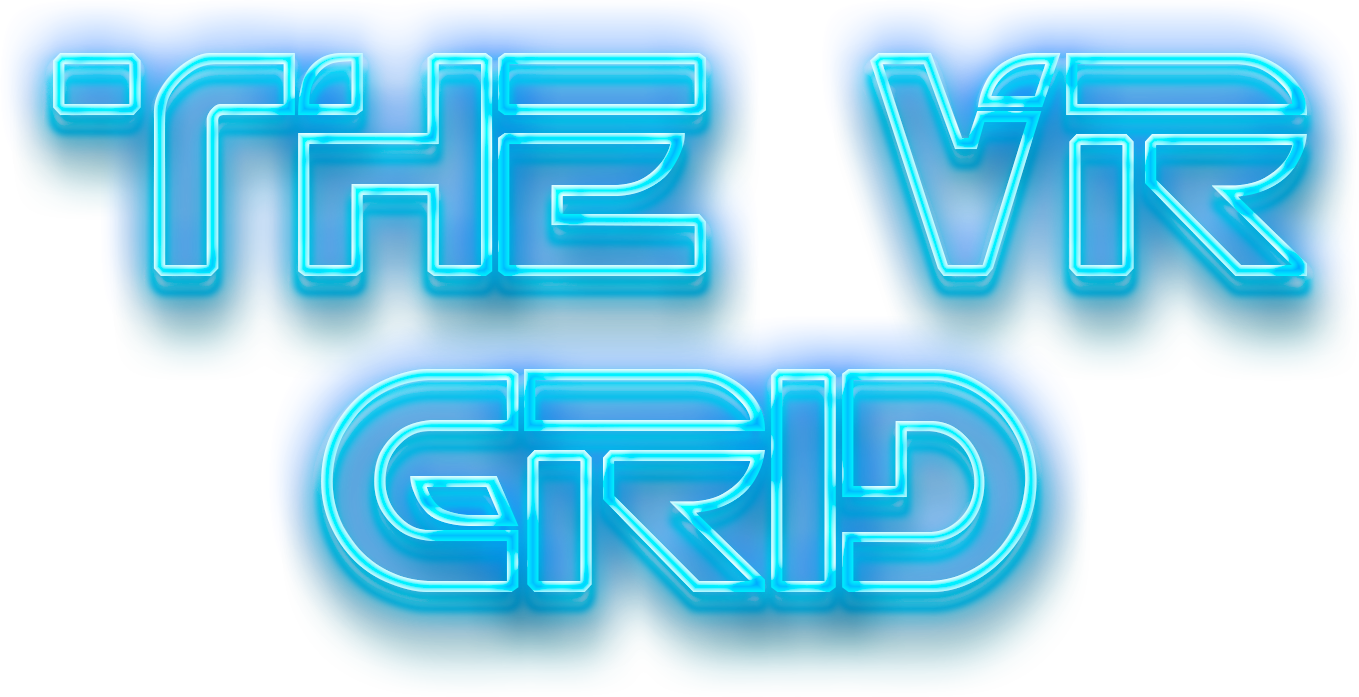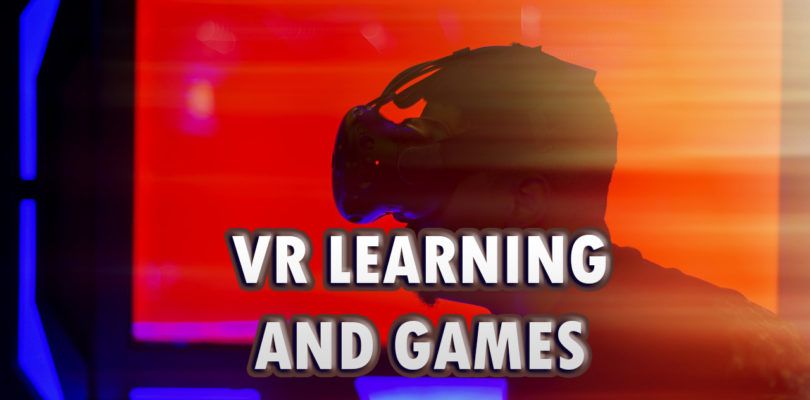Since 2017, the Canadian virtual reality (VR) industry, fueled by the hope of becoming more mainstream, has continued to create interactive products and experiences. Now, the market is expected to be worth $8 billion by 2022. And although VR applications span everything from medicine to corporate training, in certain ways gaming is beginning to emerge as an interesting category for VR-based education as well.
This should not necessarily be a surprise. Gaming is often at the forefront of new technologies, and while it has primarily been about entertainment, over time, some games have also emerged that show a clear ability to teach players real-world skills. And in doing so, they make a nice argument for more educational applications of the technology.
The following are a few specific examples:
Chess Ultra VR
Chess Ultra VR is one of the preeminent chess games to have emerged in virtual reality, but it is also one that is viewed as a learning experience. This is because in addition to being a very smooth and visually appealing virtual chess game, it offers 10 different levels of AI to play against. One of the things people attempting to improve at chess tend to struggle with is progressing from learning the basics to competing in a constructive manner.
All too often, the competition quickly becomes difficult, and that in turn makes it easy to forget some basic strategies and wind up back at square one. A game like this, however, immerses the player in a realistic, gradual progression through difficulty levels. It allows the player to experience every aspect of a game of chess, gain confidence at a lower level, and then take on new challenges when ready.
Poker VR
Poker VR is similarly helpful to people who wish to learn poker for a few reasons. The first is that it is actually a free-to-play game. This may seem simple, but when so many of the best poker-gaming platforms involve real-money wagering, it is noteworthy that this VR option does not require cash. Beginners therefore feel more up to giving it a shot, and are able to throw themselves into a virtual poker experience.
Another reason the game is helpful is that the experience is thorough. It is a well-realized poker game, allowing even beginners to understand the value and rankings of poker hands — a skill critical to building a winning strategy. It is not a tutorial in a strict sense, and the degree of difficulty can be somewhat more random than in Chess Ultra VR. But the game gives its players a chance to progress in a low-pressure environment, which is helpful for a game that demands immersion.
Success Series VR Player
Success Series VR Player concerns more of a sport than a game. Nevertheless, this golf simulator developed in part by professional player Rickie Fowler is an excellent virtual teaching tool for aspiring players. It is a little bit less of a VR video game than Chess Ultra VR or Poker VR, but it is still an experience users can participate in rather than just watch.
Essentially, the app presents virtual lessons from Rickie Fowler, and challenges users to swing along, so to speak. The idea is to watch and imitate Fowler, and improve different golf strokes in the process — ultimately translating the lessons to activity on a real-world golf course or driving range.
Clearly, these are specific VR experiences that deal with specific games and activities. Altogether though, they help to further demonstrate the useful nature of VR gaming — rather than just its capacity to entertain. Each of the examples shows the advantages of VR as a medium for education. It’s an environment in which immersion is the norm, trial and error is welcome, and there are no consequences for the stumbles one makes while progressing. All of this supports the use of VR in training and education.
For more on Virtual Reality and how it can affect you, feel free to support our podcast!

